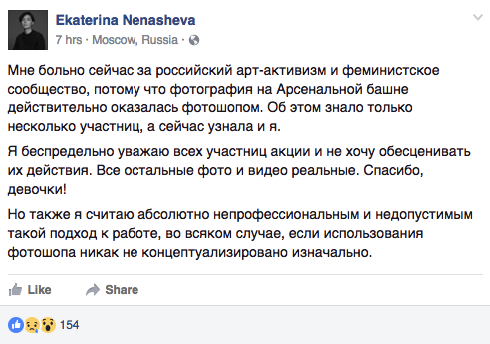In a house somewhere in Los Angeles, 16 people took turns fighting each other from March 2 to March 5, 2017.
It was the fourth “Smash Summit,” an invitational video game tournament of the top competitive Super Smash Bros. Melee players. Although much of the event was livestreamed on Twitch, the event was closed to the general public. The following is a collection of videos and reactions curated mostly from Twitter to try to capture the feel of the event (and also attempt to figure out what they do when they’re competing on stream).
As warm-up for the real tournament, apparently there’s a practice room packed with top Melee players:
We got that #smashsummit practice room going! pic.twitter.com/O6cMVVTFNF
— Selfless | HugS (@HugS86) March 1, 2017
To keep their energy up, the gamers have a stash of Monster energy drinks and string cheese.
https://twitter.com/MonsterGaming/status/837352687054180352
https://twitter.com/RagingCherry/status/837765014853341185
Most people play video games for fun. But what do professional gamers do for fun to relax after a day of competition?
There’s some cornhole:
Team building exercises. @LiquidHbox @Liquid_Crunch @BeyondTheSummit #smashsummit pic.twitter.com/8Qc9PoOtOg
— aaron yanɔy (@aaronyancy) March 4, 2017
And every night ends with a game of Mafia:
Mafia is on now to wrap up #SmashSummit Day 3 on https://t.co/VZnt4kO1Z3 pic.twitter.com/qhWdi26jb5
— Beyond the Summit (@BeyondTheSummit) March 5, 2017

Back to gameplay, this is what it looks like behind the match as players are on stream.
Everyone at #SmashSummit glued to the screen as @Numbers_SSB takes down @G2Westballz pic.twitter.com/8SKSYJVzRb
— Beyond the Summit (@BeyondTheSummit) March 4, 2017
At the end of the weekend, Swedish player Armada (Adam Lindgren) won 3-1 in the Grand Final to seal his fourth Smash Summit championship for $18,006.80 in winnings.
Winning 3-1 in the Grand Final, @ArmadaUGS is the #SmashSummit champion! #4peat pic.twitter.com/amPFFBPBD9
— Beyond the Summit (@BeyondTheSummit) March 6, 2017
This stream viewer is going to have to eat some plastic:
If armada wins summit I'm gonna eat my controller
— NO I'M NOT (@Billifordgrod) March 3, 2017
Some viewers appeared a little disgruntled with Armada winning all four Smash Summits thus far:
I'm just not gonna bother watching Smash Summit 5 since Armada will just win that one too.
— Kikouyous3 (@Kikouyous3) March 6, 2017
So after Armada 56peats Smash summit, are Melee players still gonna claim it's the hypest game of all time?
— Maxy B (@TheMaxyB) March 6, 2017
And others seem to accept Armada’s win as part of Summit and congratulated him:
Smash Summits aren't complete until Armada wins. Always makes for a great punchline to the entire event #smashsummit
— Sean (@Loopysaurus) March 6, 2017
@ArmadaUGS The "tom brady" of smash bros only notable difference is we all love the guy. CONGRATS!!!
— Marco Guerrero (@YodaSmash) March 6, 2017
Here’s the Twitter reaction from Hungrybox (Juan Debiedma), who won 2nd place after losing to Armada:
https://twitter.com/LiquidHbox/status/838608431883833344
And Armada goes home with this trophy on top of the $18K+:
#smashsummit Spring 2017 – Championship Trophy
One of my finest creations to date@BeyondTheSummit https://t.co/nZneTehO49 pic.twitter.com/AAFggV71K0— Dan Borza (@borzooka) March 4, 2017




 Kate Cahill’s interest in art, design and architecture drove her across the globe to study the interactions between society and urban infrastructure.
Kate Cahill’s interest in art, design and architecture drove her across the globe to study the interactions between society and urban infrastructure.












